Bioactives and Health Symposium Highlights Latest Research
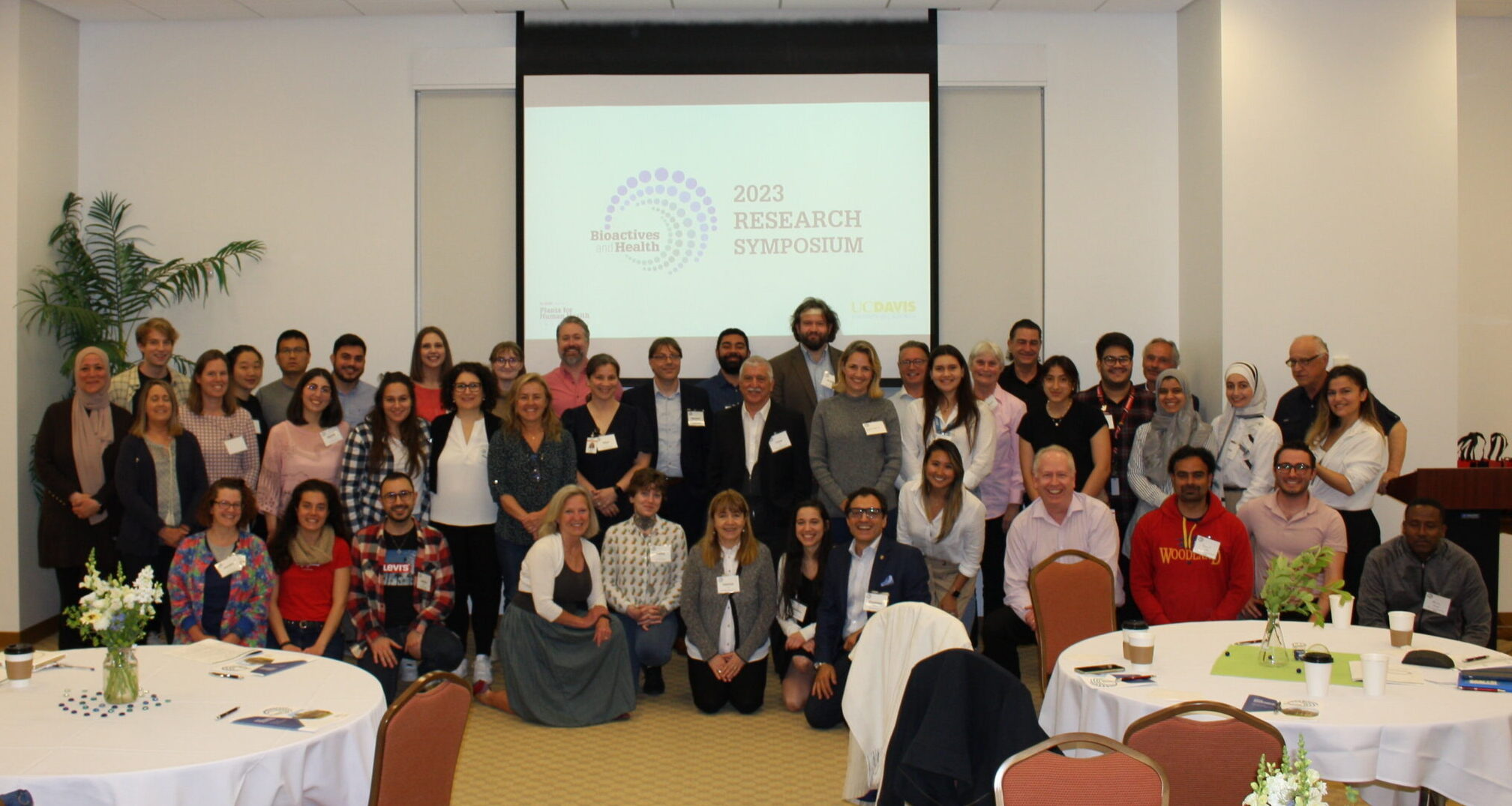
Giuseppe Valacchi, professor at North Carolina State University’s Plants for Human Health Institute (PHHI), was recently awarded the David H. Murdock Distinguished Professorship. This honor bestowed additional funding to enhance his research. Valacchi says, “I envisioned a conference that would bring together pioneers in the emerging field of plant bioactives to share their latest research.” On May 19, in collaboration with colleagues from the University of California, Davis, Valacchi hosted the inaugural gathering, the Bioactives and Health Symposium at the North Carolina Research Campus in Kannapolis, NC.
One of the key features of the NC Research Campus is the transdisciplinary research facilitated by the proximity of scientists with diverse areas of expertise. As the speakers delivered their presentations, a spotlight was shown on this spirit of collaboration.
Their research has a shared thread–-plant compounds that appear to confer health benefits–but each investigator was focused on a different angle. Patricia Oteiza, University of California, Davis, looks at zinc and neurodevelopment in utero; David Nieman, Appalachian State University, studies how plant compounds support the body after intense exercise; Andrew Neilson, NC State University, focuses on the gut microbiome; Alessandra Pecorelli, University of Ferrara, Italy, spoke about dietary supplementation as a treatment strategy for Rett syndrome; and so on. See the full program here.
While it’s well established that fruits and vegetables are good for you, it’s equally well documented that very few people consume an optimal amount of them. The nutritional value has been supported by research for many years; but the role of phytochemicals and their health protective benefits is just beginning to be understood. In fact, there may still be more questions than answers; but it’s gatherings like these that build a network of collaborators who can ultimately weave their threads together into a tapestry of knowledge.
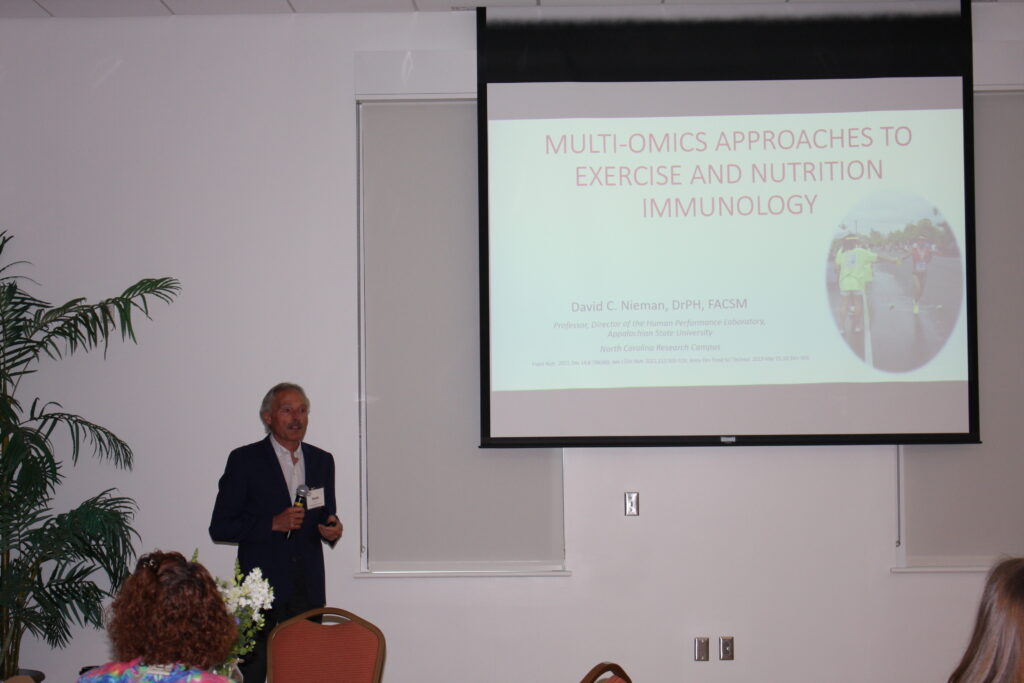
Mary Ann Lila, Director of the PHHI and symposium co-chair, said, “The symposium was full of new revelations–on mechanisms of action and specific health targets. When research is shared, rather than siloed, we all benefit.” The hope is that an increased understanding may move the needle of consumption as individuals identify with specific disease afflictions that affect their life and perhaps alter their grocery list to improve their health.
Cheri Granillo, DNP, works for NC State Extension at the Plants for Human Health Institute and as a nurse practitioner for a local community clinic. As a medical provider, she is excited by the potential for application of these findings in practice. The biggest hurdle is educating fellow providers that consuming certain foods may provide similar bioactivity in the body as familiar medications. While there have been relatively few clinical trials to narrow in on a “dose,” per se, Granillo says, “We know enough to start educating providers about bioactives and considering, ‘In what ways could a produce prescription support a diagnosis?’”
Planning is already underway for the next Bioactives and Health Symposium that will be hosted by UC, Davis, on the west coast next year. In the meantime, the researchers will head back to their labs and continue their research, having expanded their network of potential collaborators and subject matter experts within their field. Valacchi, who has a reputation for sporting colorful, whimsical eyewear, saw his vision for this symposium realized, and not only did it support and inform his own research, it fulfilled the vision of David H. Murdock by bringing bright minds together at the NC Research Campus to advance human health through food and nutrition.
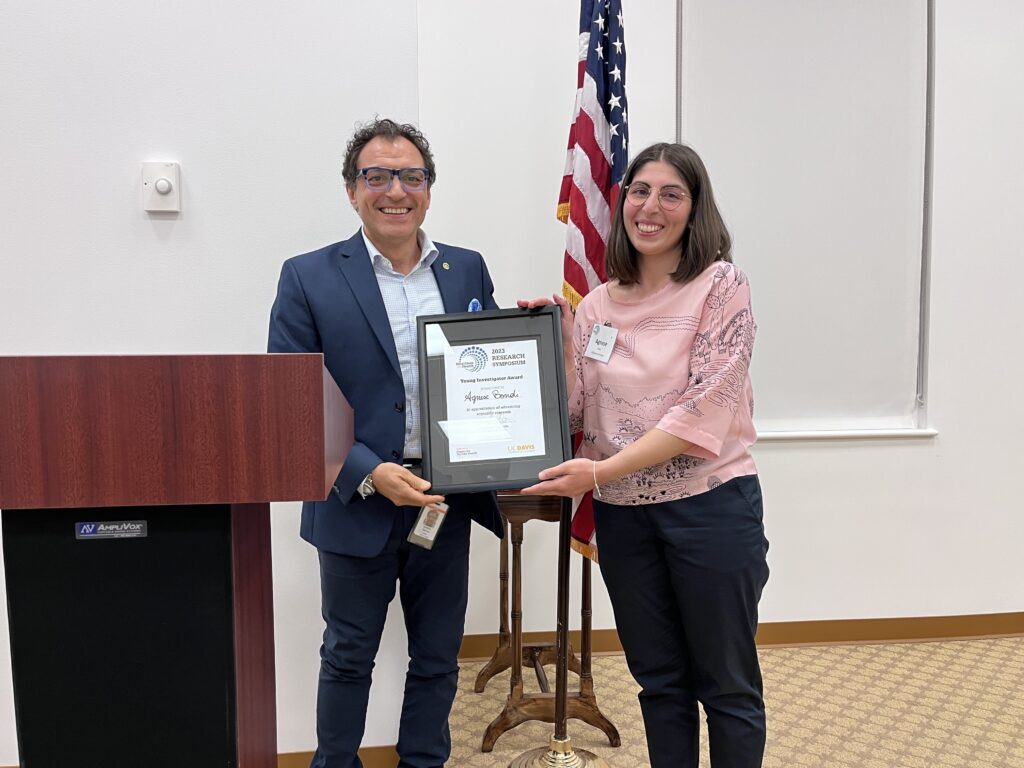
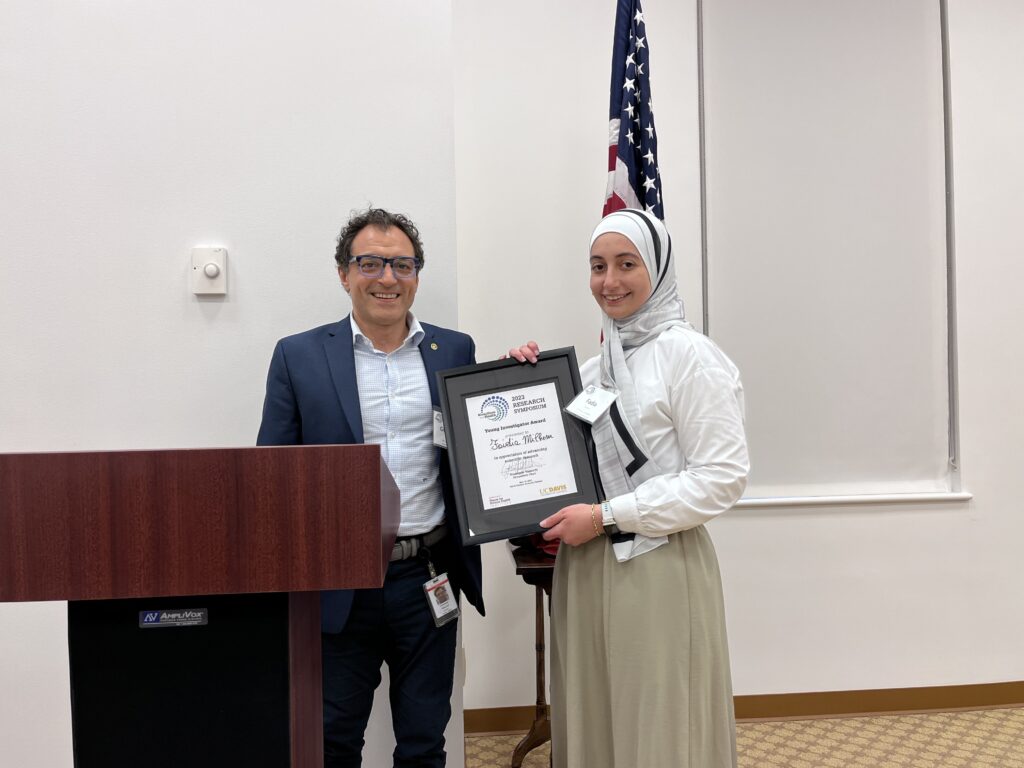
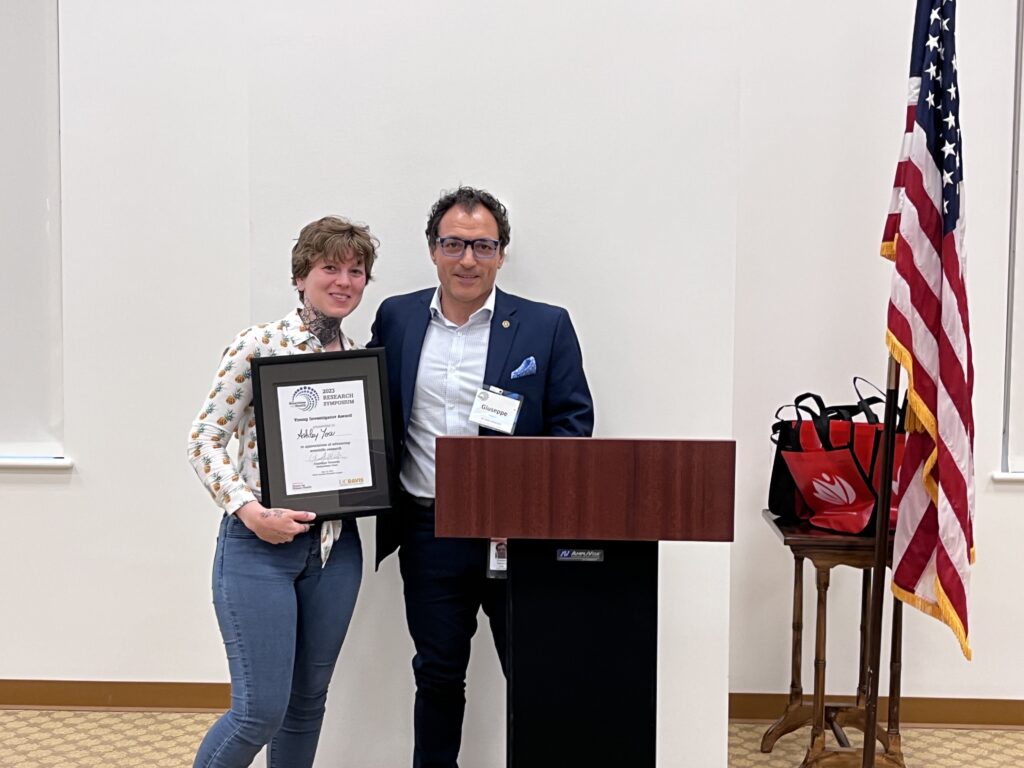
- Categories: